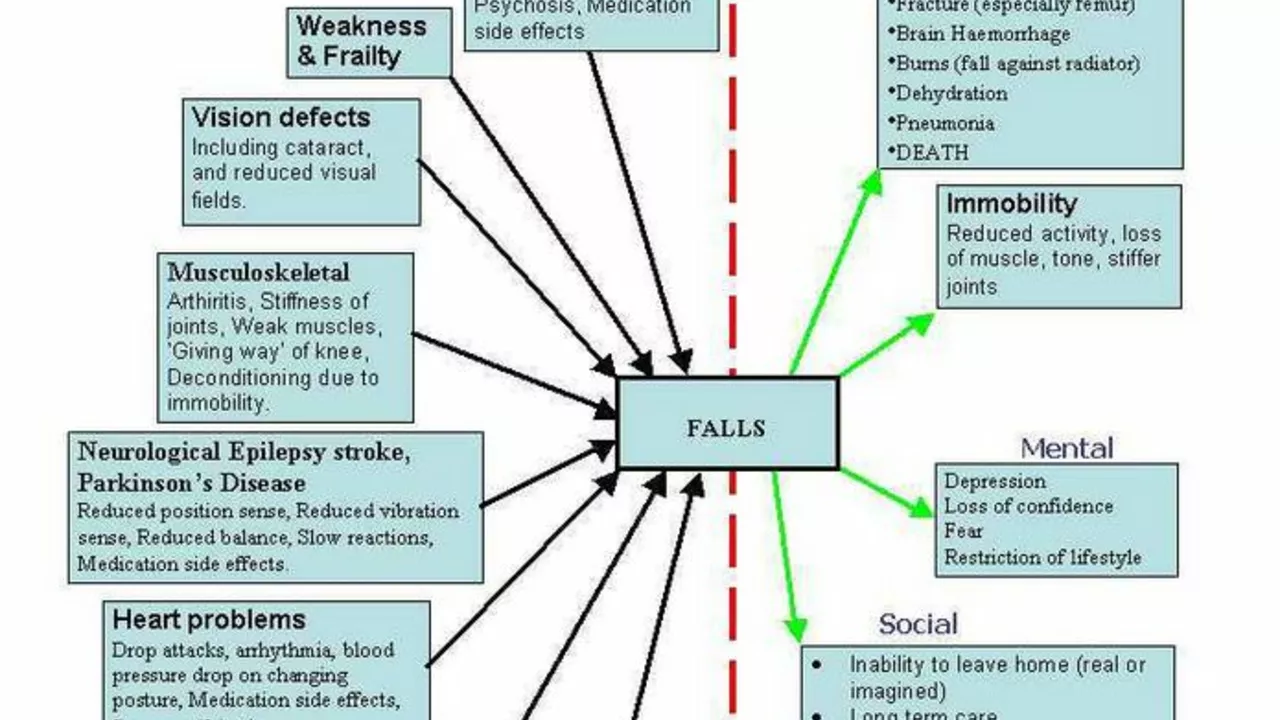Scandal in Spain: Priest and Partner Nabbed for Illegal Viagra Sales
In Don Benito, Badajoz, Spain, Priest Alfonso Raul Masa Soto and his partner face arrest over an illicit Viagra operation. Operating from a church rectory, the duo's arrest after a property search raises questions and stirs local sentiments, with the diocese and community awaiting further development.
Read More










